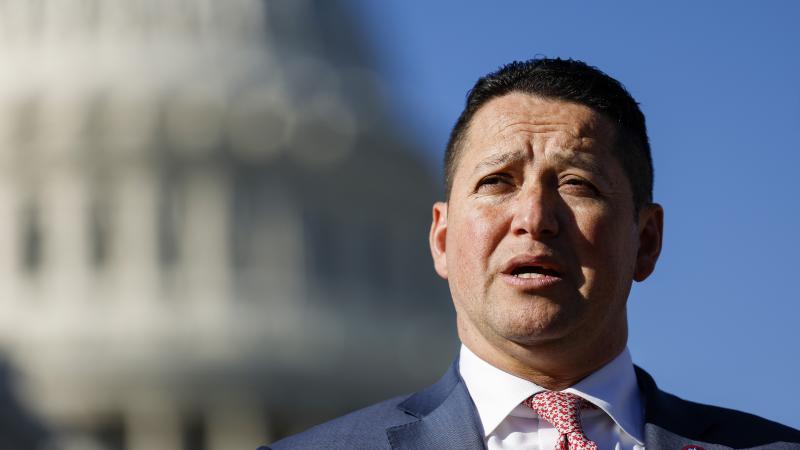COVID bill: Millions to 'socially disadvantaged farmers,' 'environmental justice,' 'family planning'
Measure also mandates major hike in federal minimum wage.
The massive $1.9 trillion COVID-19 relief bill likely to be approved within a few weeks contains hundreds of millions of dollars in unrelated provisions, including money for "family planning" grants, as well as a major increase in the federal minimum wage.
The stimulus bill totals just under 600 pages and incorporates input from numerous different interest groups including labor, education, energy and small business.
Among the more notable carve-outs in the law is funding for "socially disadvantaged farmers," with appropriations to that end totaling a whopping $1,010,000,000.
The bill directs the secretary of agriculture to use those funds, in part, "to provide outreach, mediation, financial training, capacity building training, cooperative development training and support, and other technical assistance to socially disadvantaged groups," as well as "to provide grants and loans to improve land access for socially disadvantaged farmers, ranchers, or forest landowners."
Federal law defines a "socially disadvantaged farmer or rancher" as one who belongs to a group that has "been subjected to racial or ethnic prejudice because of their identity as members of a group."
The bill also earmarks $50,000,000 for "grants, contracts, and other agency activities" that "implement the environmental justice purposes and objectives" outlined in a Feb. 16, 1994 executive order by Bill Clinton.
That order directs federal agencies to "identify and address the disproportionately high and adverse human health or environmental effects of their actions on minority and low-income populations, to the greatest extent practicable and permitted by law," and further directs those agencies to "develop a strategy for implementing environmental justice."
The measure directs a further $50,000,000 "for necessary expenses for making grants and contracts under section 1001 of the Public Health Service Act." That section of the U.S. Code authorizes the U.S. secretary of health and human services "to make grants to and enter into contracts with public or nonprofit private entities to assist in the establishment and operation of voluntary family planning projects."
The code does not clarify the full extent of family planning services permitted to be established under that rule. The law specifically forbids any of its funds from being directed to abortion services, but it does not expressly exclude other measures such as contraception.
The stimulus plan received significant attention upon its release last week due to its proposal to more than double the federal minimum wage from $7.25 to $15 by 2025.
Critics have also alleged that the bill contains numerous concessions to the richest Americans, including removing the cap on state and local tax (SALT) deductions, a move that experts have estimated would disproportionately benefit the upper echelons of American earners.













